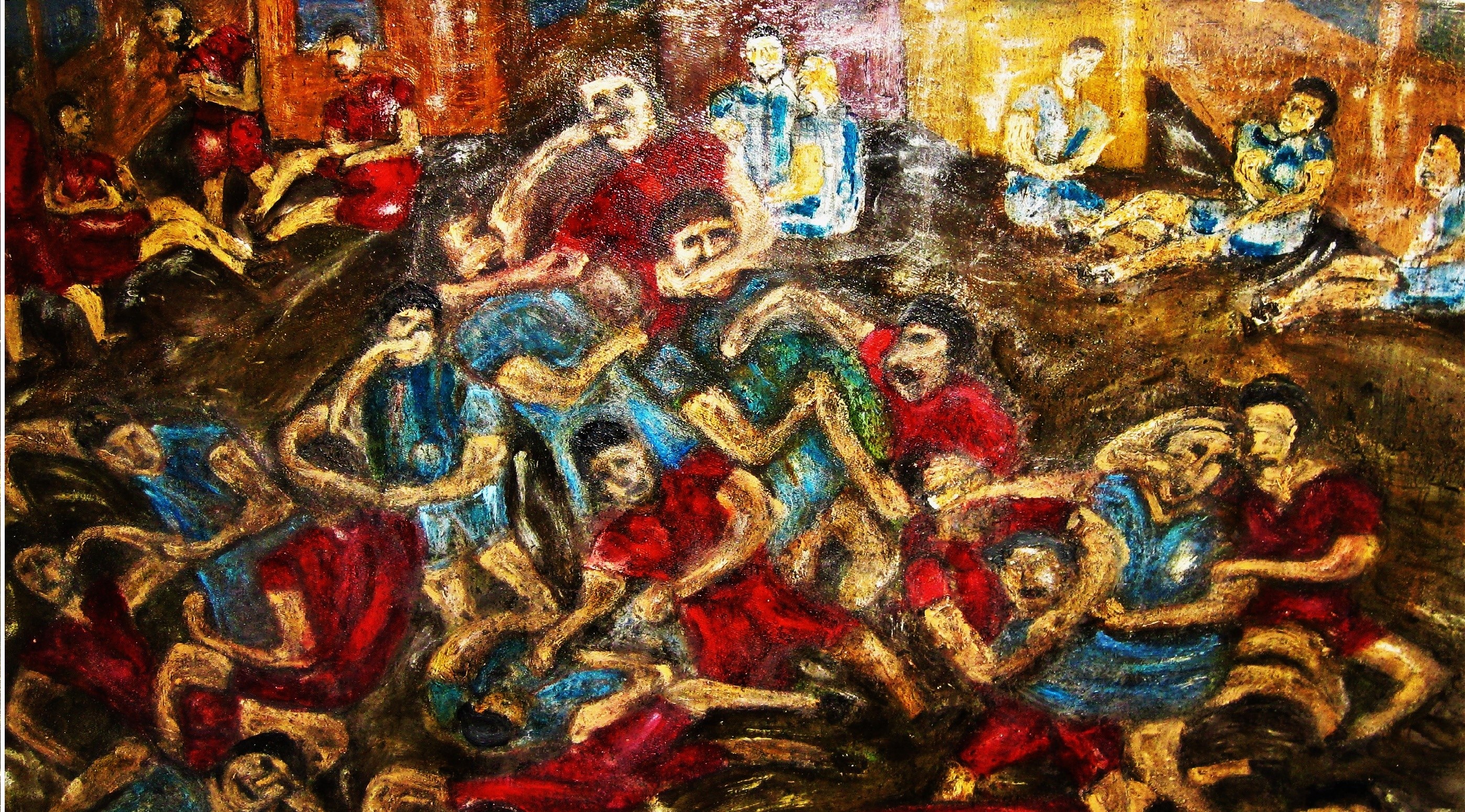International Workshops:
Is secularism bad for women? Women and Religion in Multicultural Europe
How can societies secure religious women’s freedom and flourishing? What political arrangements offer the most to those who are religious and female? Given the increased visibility of religion in the globalized world of the 21st century, these questions demand urgent answers.
Frequently, the rights of women and religious people are pitted against each other. Laws, policies and practices are advocated that will help either those of faith, or women, but not both. Gender equality or religious freedom is prioritised, but the other group is marginalised. Religious groups argue for their right to express and practice their beliefs, to educate their children in a faith-based school or to use religious decision-making bodies – for instance rabbinic courts or sharia arbitration councils – to settle family conflicts. Some take this further and argue that the state should align itself with a particular faith, making its laws reflect religious traditions and texts. Women’s rights activists argue for religious freedoms not to be granted at women’s expense – for instance challenging enforced gender segregation in public education and unequal marriage laws – and press for gender equality in employment, personal relationships, healthcare, culture and politics.
Yet there is major disagreement about the role of religion in the fight for gender equality. Is religion – at least some forms of it – an impossible impediment, something that must be destroyed in order for women to be free? Or can religion be a positive force in women’s lives, something that enhances their wellbeing and aids social justice?
Some writers argue that a form of political secularism is the best way to ensure gender equality. Allowing religious organisations political power enshrines gender inequality by giving state support to religious cultural practices that harm women (e.g. FGM, polygamy, forced marriage or forbidding abortion), they say, and leads to the state funding religious fundamentalists who pose as moderates. Reflecting political theorist Susan Moller Okin’s controversial 1997 essay ‘Is multiculturalism bad for women?’ they criticise multiculturalism (a political approach adopted from the 1970s to celebrate ethnic and religious diversity) as entrenching gender injustice. But other scholars consider secularism a bad political arrangement for religious people, because it excludes them from the political and public sphere (denying funds to faith-based welfare or education services, prohibiting the wearing of religious symbols in public spaces, or forbidding ‘religious arguments’ in political debates). Taking forward discussions initiated by Okin and continued recently in works of scholars including Saba Mahmood, Joan Scott, Nilüfer Göle, Nadje Al-Ali, Linell Cady and Tracy Fessenden, we will look at this in European and global contexts.
These workshops, funded by the International Society for the Sociology of Religion and led by Coventry, Uppsala, Helsinki universities and the Center of Social Studies (Coimbra), invite participants to join us in turning Okin’s ‘Is multiculturalism bad for women?’ question on its head, debating the benefits and drawbacks of secularism. Looking at the question this way around will, we hope, enable us to discover whether secularism is the best political system to ensure gender equality and religious freedom, and if so, which form of secularism? Or if secularism is not the best solution, how should governments work with and through religious people, without compromising women’s rights?
We will debate these questions in three workshops
Workshop 1 (Uppsala University, Sweden)
Women’s religious agency: negotiating secularism and multiculturalism in everyday life
This workshop explores how on the individual or everyday level, women today are negotiating religion, secularism, multiculturalism and non-religion.
Workshop 2 (Coventry University, UK)
Negotiating secularism and multiculturalism through civil society organisations
This workshop investigates what women’s and religious organisations and groups are doing to address faith, secularism and multiculturalism.
Workshop 3 (Center of Social Studies, Lisbon, Portugal)
Political and public approaches to gender, secularism and multiculturalism
This workshop will analyse political debates on religion and women’s in the public sphere. It will explore how political and public institutions, including the media, education, law and employment, are formulating and negotiating women’s and religious rights.
These workshops will bring together academics, activists and policymakers involved in legislating about religion and gender, so that together we can contribute to policy and activism by women and religious communities. We are planning to publish some of the papers in a book.
The workshops are subsidised by the ISSR, Coventry University, Uppsala University and Center of Social Studies, Coimbra and there will be a small fee to pay to attend and participate.
For workshop 1 (1.5 days): 30 euros standard, 15 euros for charities, activists, PhD students, the unwaged and early career researchers.
For workshop 2 (1.5 days): 20 euros standard, 10 euros for charities, activists, PhD students, the unwaged and early career researchers.
For workshop 3 (2.5 days): 50 and 20 euros respectively. Participants should arrange their own accommodation and travel (we will provide suggestions).
Dr Kristin Aune (Centre for Trust, Peace & Social Relations, Coventry University)
Professor Mia Lӧvheim (Department of Theology, Uppsala University),
Dr Terhi Utriainen (Department of Comparative Religion, University of Helsinki)
Dr Alberta Giorgi (Centre for Social Studies, University of Coimbra; GRASSROOTSMOBILISE, Eliamep)
Dr Teresa Toldy (Fernando Pessoa University, Porto; Centre of Social Studies, University of Coimbra)
https://womenreligionandsecularism.wordpress.com/

